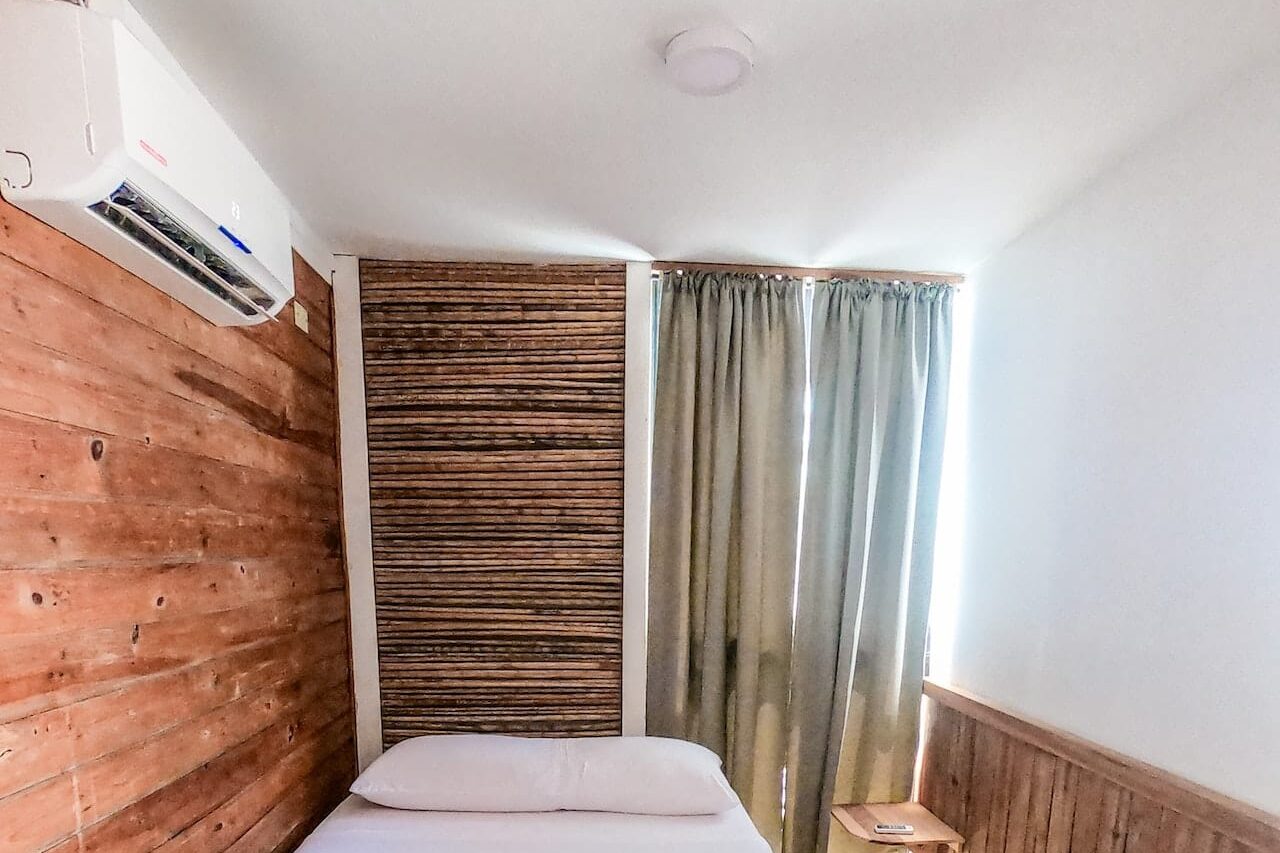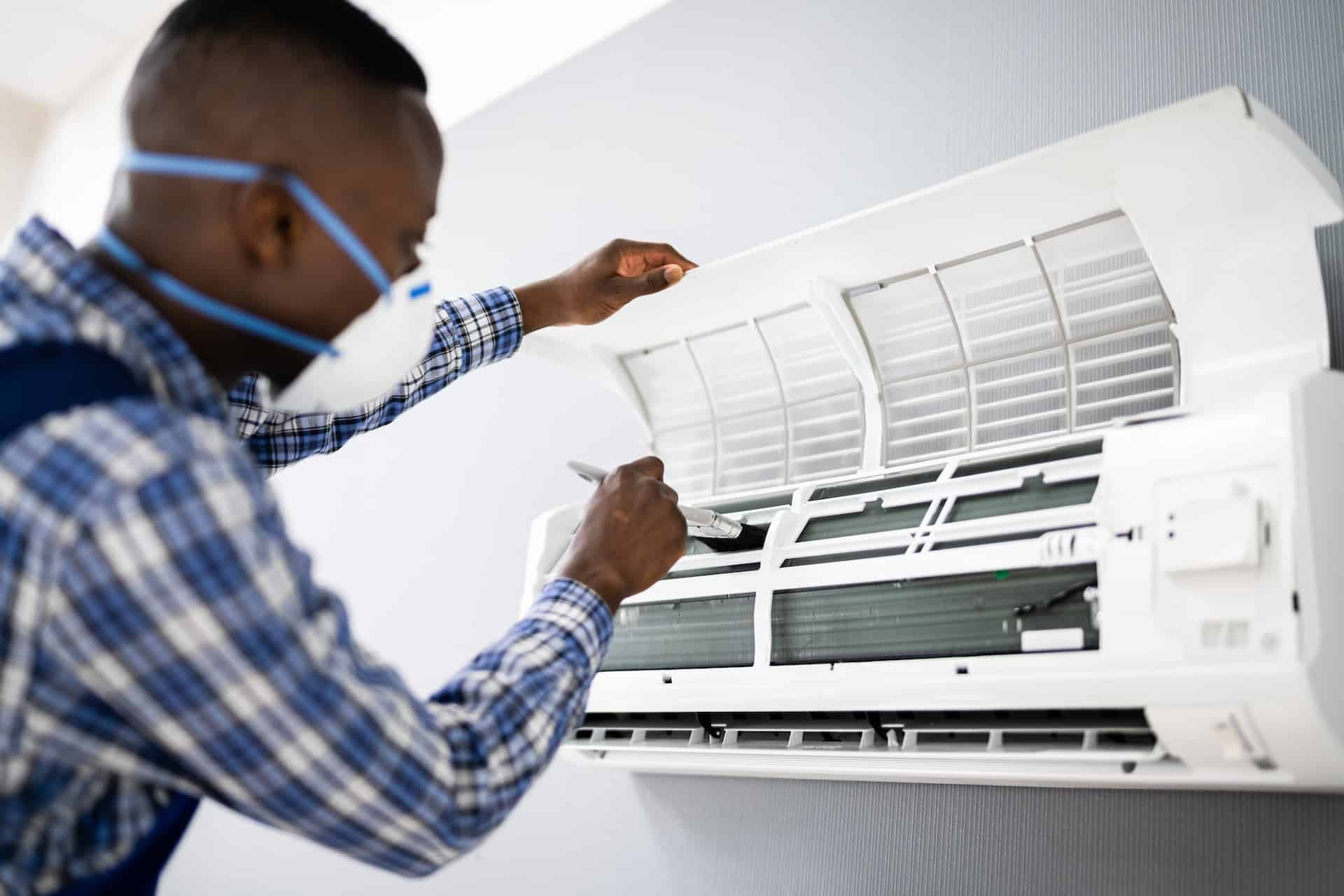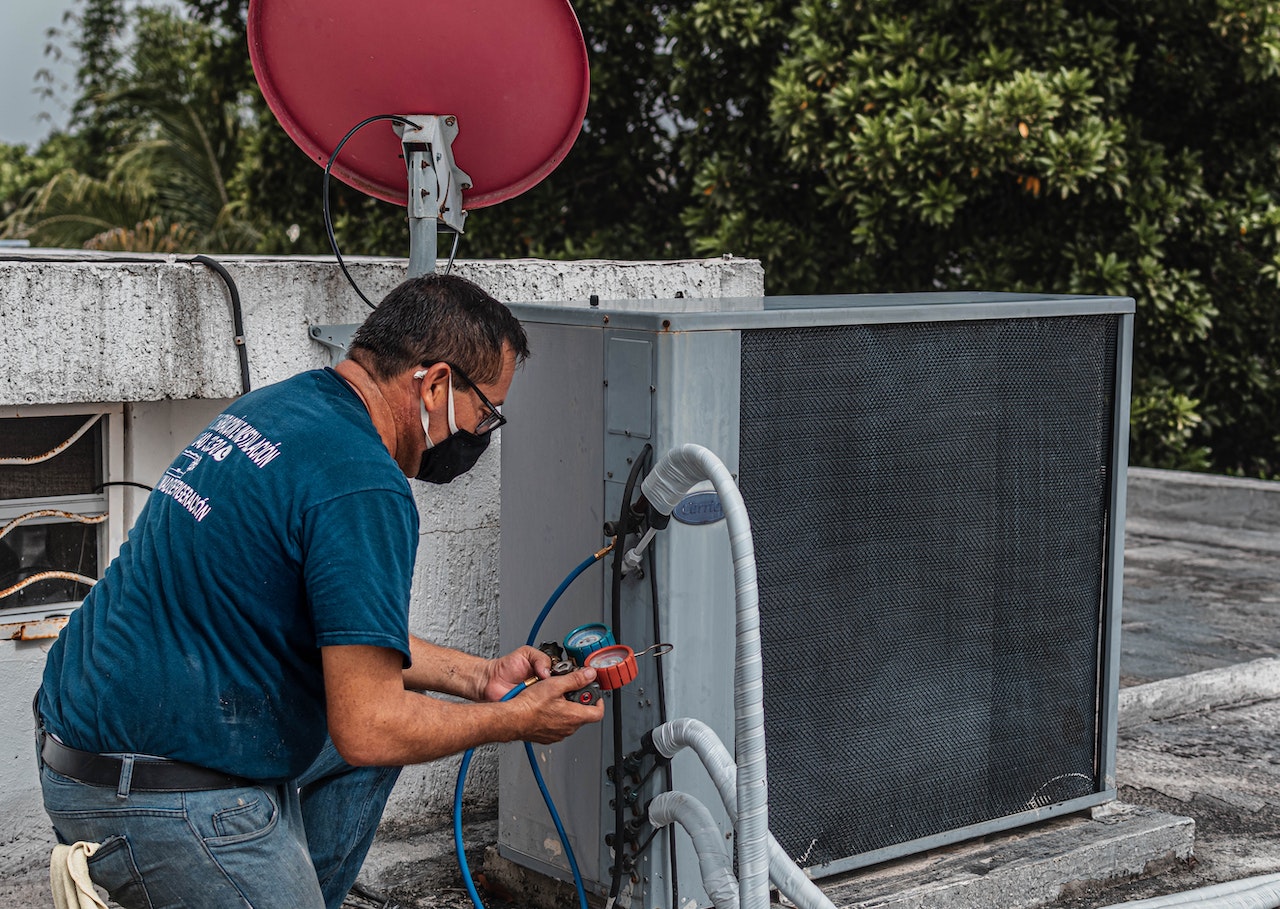Many homeowners will turn to their air conditioners for relief as the hot summer approaches. However, one common issue homeowners may face is the sound of running water from their AC unit. This may cause concern since it could point to a systemic issue. This article will examine the possible causes of an air conditioner sounding like running water and possible air conditioner maintenance solutions.
Condensation Buildup
One of the most common reasons why an air conditioner may sound like running water is due to condensation buildup. As the AC unit cools the air, it also removes moisture. This moisture is then collected in the unit’s condensate pan and drained away. If the drain line becomes clogged or the condensate pan is full, water can back up and create a gurgling or running sound.
To address this issue, homeowners should regularly check the condensate pan and ensure a clear drain line. If the drain line is clogged, it can be cleared using a small brush or by pouring a mixture of vinegar and water down the line. The condensate pan can be emptied and cleaned with mild soap and water if the condensate pan is complete.
Refrigerant Leak
Another reason why an air conditioner may sound like running water is due to a refrigerant leak. Refrigerant is a chemical used to cool the air in an AC unit. If there is a leak in the refrigerant line, the unit may be unable to cool the air properly, resulting in a gurgling or running water sound.
In addition to the sound, other signs of a refrigerant leak may include reduced cooling performance, ice buildup on the unit, and higher electricity bills. If you suspect a refrigerant leak, it is essential to call a professional HVAC technician to assess the issue and make any necessary AC repairs.
Frozen Evaporator Coil
A frozen evaporator coil can also cause an air conditioner to sound like running water. Within the appliance, the evaporator coil is in charge of extracting heat from the air. If the coil becomes too cold, it can freeze and cause water to drip onto the unit’s condensate pan, creating a running water sound.
Homeowners should switch off the appliance and let it thoroughly defrost to solve this problem. Once the unit has thawed, it should be inspected to determine the cause of the freeze. Common causes may include a dirty air filter, a malfunctioning thermostat, or low refrigerant levels. Addressing these issues can help prevent the evaporator coil from freezing again.
Unclean Air Filter
Another reason an air conditioner sounds like it is running water is a clogged air filter. Before the air is cooled and returned to the house, the filter collects dust, dirt, and other particles. Debris buildup on the filter might restrict airflow and make the appliance work harder than it needs to.
The device may make a gurgling or rushing water sound as it works harder. Homeowners can solve this problem by routinely inspecting and replacing the air filter. Depending on usage, the air filter should typically be changed every 1-3 months.
Improper Unit Installation
Finally, an air conditioner that sounds like running water may be due to improper installation. If placed incorrectly, the unit can cause several problems, including water leaks and abnormal sounds. This is why it is essential to have a professional HVAC technician install the unit to ensure it is done correctly.
If you suspect your unit was not installed correctly, contact a professional HVAC technician to assess the issue and advise on AC maintenance. They can identify installation issues and make the necessary repairs to ensure the unit functions properly.
Conclusion
While homeowners can address some of these issues, others require the expertise of a professional HVAC technician. Regular maintenance and inspections can help prevent these issues from occurring in the first place and ensure that the unit is functioning correctly throughout the summer months.
If you’re looking for a reliable heating and cooling company in Mississauga, look no further than Furnace King Home Services. We specialize in indoor air filtration systems, duct cleaning services, and indoor humidification, and we guarantee all of our work and services. Contact us today for top-notch service and education. Also, if you need AC maintenance in Brampton, we’ve got you covered! Get a quote today!










